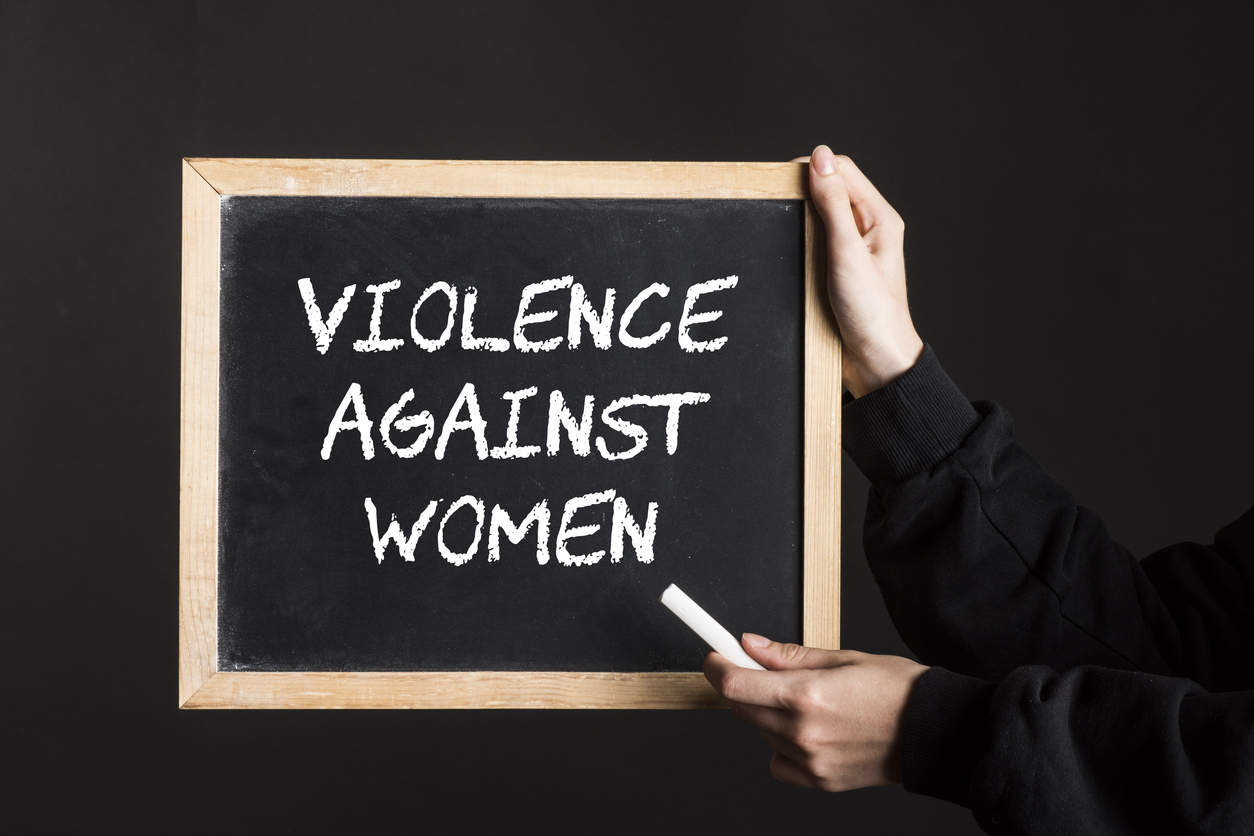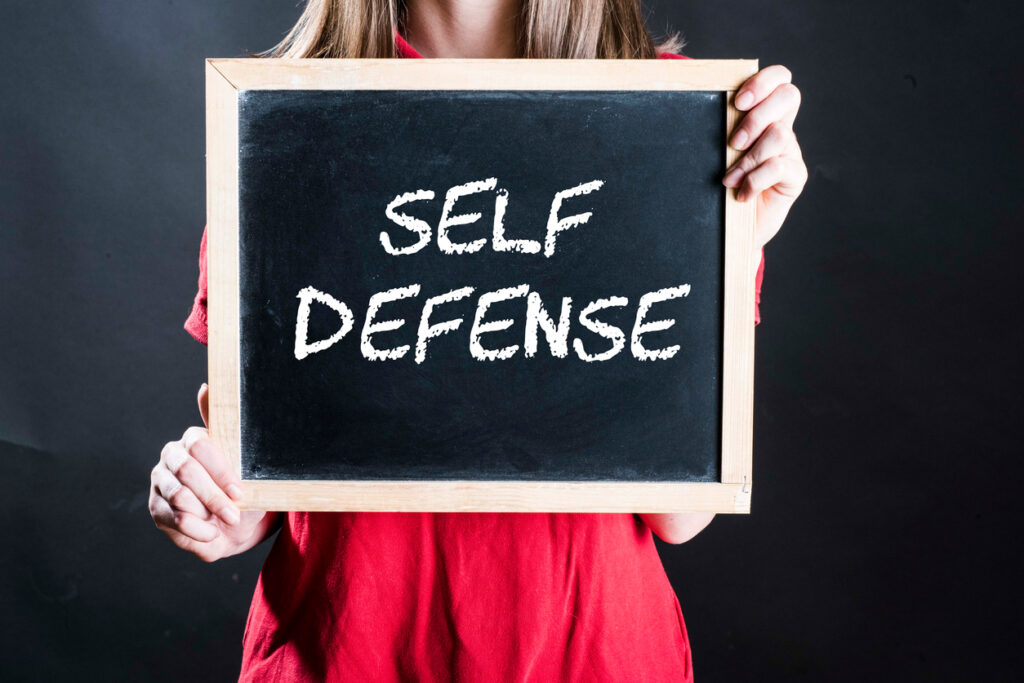- 2 Nov 2025

Once your petition is submitted, the United States Citizenship and Immigration Services (USCIS) will issue a receipt notice confirming that your case is being reviewed. This is your official acknowledgment that your petition is in process. While this might seem like a simple administrative step, it’s a vital moment that begins your legal journey toward independence.
The review period varies, often taking several months. During this time, USCIS may issue a request for evidence. This does not mean your case will be denied—it simply means they require more supporting materials to verify your claim. A Violence Against Women Act Attorney Naperville can assist in preparing and responding to such requests promptly and accurately, increasing the likelihood of approval.
When the petition is approved, it opens the door to additional immigration benefits. If you’re not already in removal proceedings, you may apply for adjustment of status to become a lawful permanent resident. An attorney can help you transition from VAWA approval to a green card application smoothly and lawfully, ensuring no details are overlooked.
How Adjustment of Status Works for VAWA Petitioners
Adjustment of status refers to the process of changing from a nonimmigrant or undocumented status to that of a lawful permanent resident without leaving the United States. If your I-360 petition is approved and a visa number is immediately available, you may file Form I-485, Application to Register Permanent Residence or Adjust Status.
Filing Form I-485 while remaining in the country provides security and continuity. It allows you to stay close to your support system and avoid travel-related risks or complications. When you work with a Violence Against Women Act Attorney Naperville, you gain the guidance needed to complete this transition successfully, from document collection to interview preparation.
It’s important to remember that while the VAWA process may seem overwhelming, it’s structured to protect you. Legal professionals in Naperville who focus on this area of immigration law understand the importance of each form, deadline, and piece of evidence. Their knowledge helps ensure nothing jeopardizes your safety or legal future.

Work Authorization and Deferred Action After Filing
Another important step in the VAWA process is applying for employment authorization. Once your I-360 petition is approved—or in some cases, once it’s properly filed—you may qualify for a work permit. This legal document grants you the ability to earn income, build stability, and move forward independently of your abuser.
In some instances, survivors may also qualify for deferred action, which provides temporary relief from deportation. Deferred action is not permanent residency, but it is a critical layer of protection for those with pending petitions. A VAWA attorney based in Naperville can help determine if you qualify for these benefits and handle all associated filings.
These steps are especially important for individuals who were financially dependent on an abusive spouse or family member. Legal work status restores personal agency and helps survivors regain control of their lives.
Children and Derivative Beneficiaries in VAWA Petitions
If you have children who were also impacted by the abuse—or who may qualify in their own right—it’s essential to include them in your legal strategy. VAWA allows certain children to be included as derivative beneficiaries under your petition. Including your children ensures that your legal protections extend to them and that they can remain safely in the country with you.
Filing on behalf of a child or including them in your application requires careful legal planning and documentation. Each dependent’s case must be evaluated individually to determine eligibility. A Violence Against Women Act Attorney Naperville will carefully review your family’s immigration history, ages, and relationships to ensure everyone who qualifies is protected under the law.
Acting early also prevents problems later. If a child turns 21 during the process, it could impact their eligibility unless proper action is taken. Legal guidance ensures timing, documentation, and eligibility are all aligned.

Avoiding Common Mistakes in the VAWA Filing Process
Many VAWA petitions are delayed or denied due to avoidable mistakes. These errors often stem from missing paperwork, insufficient evidence, or inconsistencies in declarations. Survivors sometimes submit applications on their own, only to find that crucial documents were overlooked or poorly explained.
Even minor inconsistencies can cause complications. If your personal declaration contradicts your supporting documents, USCIS may request clarification or issue a denial. That’s why working with a Violence Against Women Act Attorney Naperville is critical—attorneys understand how to align your narrative with your evidence in a way that strengthens your case.
Timing is another challenge. Filing too late or missing key deadlines can put your status at risk. A legal advocate monitors these timelines closely and ensures that every form is filed within required windows. This is especially vital when working toward adjustment of status or securing work authorization.
Filing a strong VAWA petition requires more than good intentions. It demands organization, accuracy, and knowledge of immigration law—skills that an experienced legal advocate can provide from day one.
How Confidential Legal Help Supports Survivors in Naperville
Confidentiality is more than a courtesy—it’s a legal safeguard built into the VAWA process. Petitioners do not need to alert their abuser and are not required to serve legal papers to the person who harmed them. USCIS processes all documents privately and does not share information with your abuser or their legal representatives.
A VAWA attorney in Naperville will ensure every detail of your case is kept private and protected. This includes securing sensitive evidence, redacting contact information, and filing petitions in a way that prevents exposure or retaliation.
Many survivors worry about the consequences of coming forward. This fear is understandable. But with legal counsel by your side, you can take each step with confidence, knowing your case is being handled discreetly and legally.
Accessing Resources During the Filing Process
While legal representation is critical, it’s also important to connect with emotional and community-based support during your VAWA petition process. Survivors in Naperville have access to shelters, crisis counselors, and domestic violence advocates who work alongside attorneys to help survivors recover physically, emotionally, and financially.
The VAWA process isn’t only about immigration—it’s about rebuilding your life after abuse. A Violence Against Women Act Attorney Naperville will often help connect survivors with referrals for housing, therapy, and support services that ease the burden of transition.
You don’t need to go through this process alone. With the right legal and community support, you can take meaningful steps toward freedom and stability.
Understanding VAWA’s Legal Foundation and Federal Guidelines
The Violence Against Women Act is a federal law passed in 1994 and reauthorized several times to provide essential protections to survivors of domestic abuse, including noncitizen immigrants. The law allows individuals to file self-petitions for lawful status without needing the consent or participation of their abuser.
For a comprehensive explanation of VAWA’s eligibility rules and the official petitioning process, visit the Department of Justice’s VAWA program page at justice.gov.
Survivors in Naperville can also benefit from state-specific legal services, but VAWA remains a federal tool that overrides state limitations in matters of immigration and abuse.
The support offered through VAWA is powerful. It gives individuals a chance to break free from abuse and pursue a secure, independent life without fear of immigration consequences.

How to Begin Filing with a Naperville VAWA Attorney Today
If you’re ready to begin the process of seeking protection through the Violence Against Women Act, your first step is scheduling a consultation with an attorney. You don’t need to know everything in advance. You don’t need to have all your documents in order. You just need to be ready to protect yourself.
A skilled advocate will walk you through eligibility, help you gather necessary materials, and begin preparing your I-360 petition. Whether your situation involves recent abuse, long-term coercion, or unresolved immigration status, taking action now is better than waiting until circumstances worsen.
For a deeper understanding of how the VAWA process works and what your legal options may be, consider exploring this complete resource on filing a self-petition with the help of a Violence Against Women Act Attorney Naperville: this comprehensive legal guide outlines the steps you’ll need to take and what to expect as your case moves forward.
Conclusion: Empowerment Through Legal Action
Filing a VAWA petition is a brave and life-changing decision. It’s not just about changing your immigration status—it’s about reclaiming control over your life. If you or someone you know is enduring abuse from a U.S. citizen or lawful permanent resident, the time to act is now.
With the support of a Violence Against Women Act Attorney Naperville, you can file confidently, safely, and privately. Legal action is more than a strategy—it’s a form of empowerment. Take the first step today. You are not alone, and you do have options.
Recent posts
- 17 Oct 2025
Categories
- Accident & Injury Law (54)
- AI (1)
- Copyright Law (1)
- Criminal & Civil Law (17)
- Disability Law (2)
- Driving Law (2)
- Employment Law (1)
- Estate Planning (2)
- Family & Relationship Law (29)
- Food and Drink (2)
- Gas Exposure (1)
- Health (1)
- Immigration Law (2)
- Injury Claim (1)
- Insurance Law (7)
- Legal (40)
- Lemon Law (4)
- Mediation (3)
- Medical Malpractice (1)
- Property & Business Law (9)
- Severance Agreement (1)
- Travel and Leisure (1)
- Uncategorized (12)
- Worker Compensation (2)

